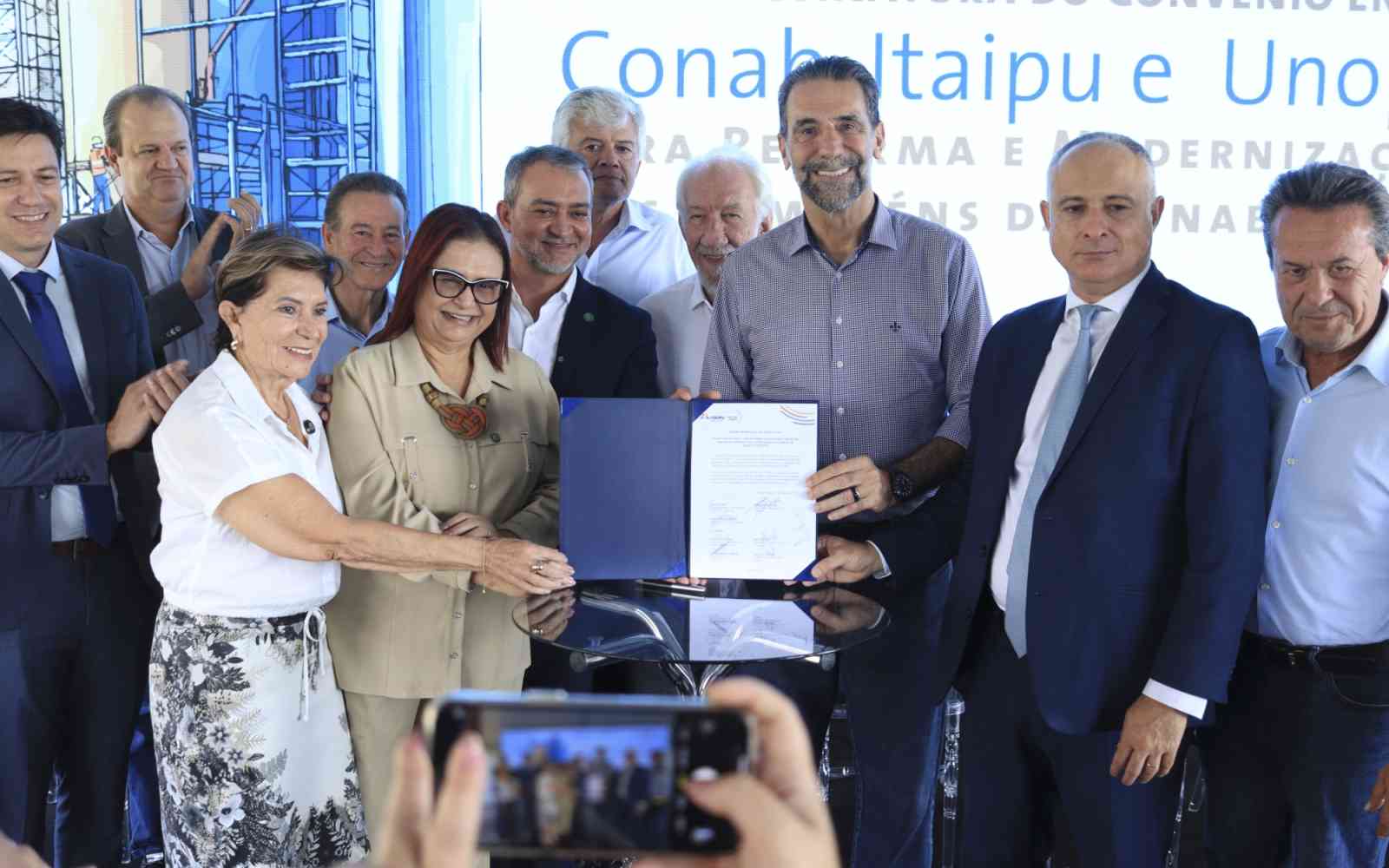The United Nations Office for Project Services (UNOPS)
Statement to the Third UN Conference on Landlocked Developing Countries Preparatory Committee
Statement to the Third UN Conference on Landlocked Developing Countries (LLDC3) Preparatory Committee, delivered on behalf of Under-Secretary-General and UNOPS Executive Director Jorge Moreira da Silva.
[Check against delivery]
Excellencies, distinguished delegates, UN colleagues, ladies and gentlemen,
I deliver this statement on behalf of the Executive Director of UNOPS, Under-Secretary-General Jorge Moreira da Silva who is not in New York at this time.
UNOPS is committed to supporting Landlocked Developing Countries (LLDCs) to address vulnerabilities and meet their sustainable development aspirations.
With our focus on operations, we are well-placed to work together with LLDCs to respond to the challenges that they face due to their lack of direct territorial access to the sea and their remoteness and isolation from world markets. Challenges that have been compounded by the pandemic, climate change and the fall out from the war in Ukraine.
UNOPS is mandated to help expand the implementation capacity of our partners, including developing countries, across infrastructure, procurement and project management services. These are all areas that relate closely to the priorities outlined in the Vienna Programme of Action, and the growing needs of LLDCs as we move forward.
Ten years on from the Vienna Programme, while some tangible progress has been made, challenges persist. From infrastructure development and the financing deficit associated with it, to disruptions in supply chains and elevated trade costs, lack of reliable data to inform policy and decision making and constraints in technical capacity, LLDCs are severely challenged in their efforts to achieve the SDGs. In an increasingly fragile world, conflict and instability in some LLDCs have impacted the development of regional infrastructure, leading to intra- regional supply chain disruptions and increased prices of goods and services.
UNOPS stands ready to support our LLDC partners to respond to implementation challenges, secure and absorb financial resources and close development gaps.
UNOPS is already present across most LLDCs. Out of the 32 LLDCs, we have over the past two years supported operations in 24. In fact, during the same period, nearly one third of all of our infrastructure delivery has taken place in those countries.
From planning - using advanced tools such as the National Infrastructure Systems Model developed in collaboration with the University of Oxford, to project execution and management - UNOPS builds infrastructure in key sectors. These include land and maritime transport and trade, renewable energy, water, healthcare and early warning systems while also providing sustainable procurement services, strengthening national capacities and expanding local private sector and employment.
We provide fund and grant management expertise to support countries to design and manage single or multi-donor funds or access grants for climate and environmental action such as the Green Climate Fund.
UNOPS is the fund manager of the Climate Vulnerable Forum (CVF) and the Vulnerable Twenty (V20) Joint Multi-Donor Fund, which facilitate collaboration and strengthen the capacity of member nations in advancing critical climate action priorities, such as mitigation, adaptation, and loss and damage. This collaboration allows us to work together to help national governments and other partners in creating and implementing new climate frameworks.
Through the Initiative for Climate Action Transparency (ICAT), we help countries - including many LLDCs - to advance on their implementation agenda by building effective climate data frameworks to plan, manage and track climate action.
In the Central African Republic, UNOPS has worked with the government and partners to enable access to public services through improved infrastructure and the provision of cash transfers and financial support to vulnerable households.
In Uzbekistan, we have worked closely with the government and other partners to deliver major health infrastructure and equipment, aiming to enhance health services and strengthen preparedness against epidemics.
In Zimbabwe, we implemented a unique partnership between the World Bank and the UN to address the early and medium-term resilient disaster recovery needs of communities affected by Cyclone Idai. This involved working with a number of other UN agencies to build the foundations for regional recovery and longer-term resilience.
Throughout this work - delivering impact has been possible because of robust partnerships. And we remain committed to delivering more. As we look to the next ten years, UNOPS stands with the people and the governments of land-locked developing countries to respond to their unique development challenges, advance climate action and build a more peaceful and prosperous future.
I thank you.












